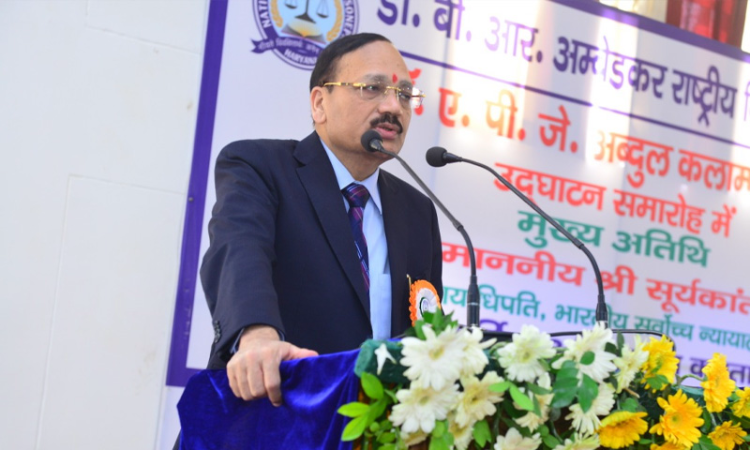"Lawyers are not only professionals whose sole purpose is to represent their client. Instead, their role is that of social engineers", said Supreme Court judge Justice Surya Kant addressing a gathering of law students. The judge also quoted former President and teacher Dr. A.P.J. Abdul Kalam's statement, 'Books are your true companion' and stated that a library is the only place where there...

